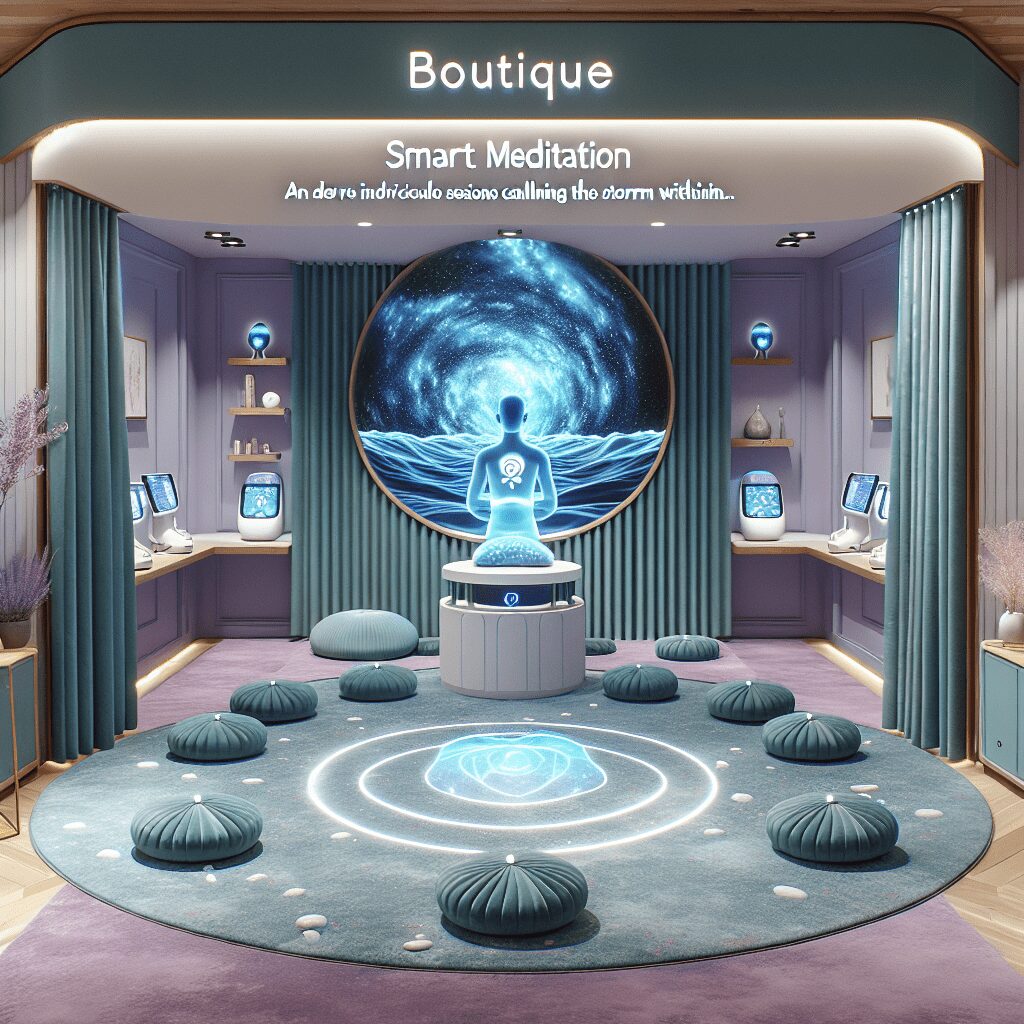
Prioritize your mental well-being daily. Enhance your life by nurturing your mental health with the Smart Meditation app. Break free from stress, alleviate anxiety, and enhance your sleep quality starting today.
Does Hydroxyzine Feel Like Xanax?
Navigating the Maze of Anti-Anxiety Medication: Hydroxyzine vs. Xanax
In the whirlwind world of anti-anxiety medications, two names frequently crop up at the doctor’s office: Hydroxyzine and Xanax. On the face of it, they seem to serve the same purpose – alleviating anxiety in its many forms. However, as we dive deeper, key differences emerge, shedding light on how they stack up against each other, especially in terms of their effects on individuals.
The Hydroxyzine Experience
First off the blocks is Hydroxyzine, a first-generation antihistamine that doubles as an anxiety-reliever. Far from being just a seasonal allergy combatant, this medication wields its power in the central nervous system (CNS), acting as a sedative. Hydroxyzine’s modus operandi revolves around blocking histamine receptors, which, in turn, leads to its anxiolytic (anti-anxiety) effects.
So, what’s the deal with Hydroxyzine? Does it whisk you off to a zen garden in your mind? Well, not quite. Users often report a significant decrease in anxiety levels, but it’s more of a gentle easing of the nerves rather than a dramatic shift. The onset of calmness is typically described as subtle, making Hydroxyzine a go-to for those seeking relief without the heavy fog of sedation. It’s akin to the feeling of relaxation after a hot cup of chamomile tea – noticeable, yes, but not overwhelming.
Xanax: The Quick Fix?
Enter Xanax, the benzodiazepine that’s almost become synonymous with fast-acting anxiety relief in popular culture. Unlike Hydroxyzine, Xanax targets the GABA (gamma-aminobutyric acid) neurotransmitters in the brain, offering a more pronounced sedative effect. This is the heavy artillery of the anti-anxiety arsenal, often bringing relief within the hour, which is why it’s frequently prescribed for panic attacks.
However, with great power comes great responsibility. The use of Xanax is often accompanied by a heightened risk of dependence and withdrawal symptoms, especially with long-term use. Users describe the experience as a significant calming wave, often accompanied by drowsiness and, in some cases, a sense of detachment or euphoria.
So, Does Hydroxyzine Feel like Xanax?
To cut to the chase, while both Hydroxyzine and Xanax are champions in the ring of anxiety management, the experience they offer is as different as night and day. Imagine Hydroxyzine as a gentle tide easing you into a serene state, while Xanax is more of a powerful wave that washes over you, bringing immediate and potent relief.
- Onset of Action: Hydroxyzine may take a tad longer to kick in compared to the swift action of Xanax.
- Duration of Effect: Xanax tends to offer short-term relief, which may necessitate more frequent dosing, whereas Hydroxyzine’s effects can last longer.
- Risk of Dependence: Here’s where the road forks significantly. Hydroxyzine is generally considered to have a lower risk of dependence and withdrawal symptoms, making it a safer bet for long-term use.
Making the Choice
Deciding between Hydroxyzine and Xanax is no small feat and should always be done under the guidance of a healthcare professional. It’s crucial to weigh the pros and cons, considering factors like the nature and severity of your anxiety, your lifestyle, and your medical history.
In the end, it’s about finding what works best for you – whether it’s the gentle embrace of Hydroxyzine or the robust support of Xanax. Remember, managing anxiety is a journey, and it’s okay to ask for directions along the way.




